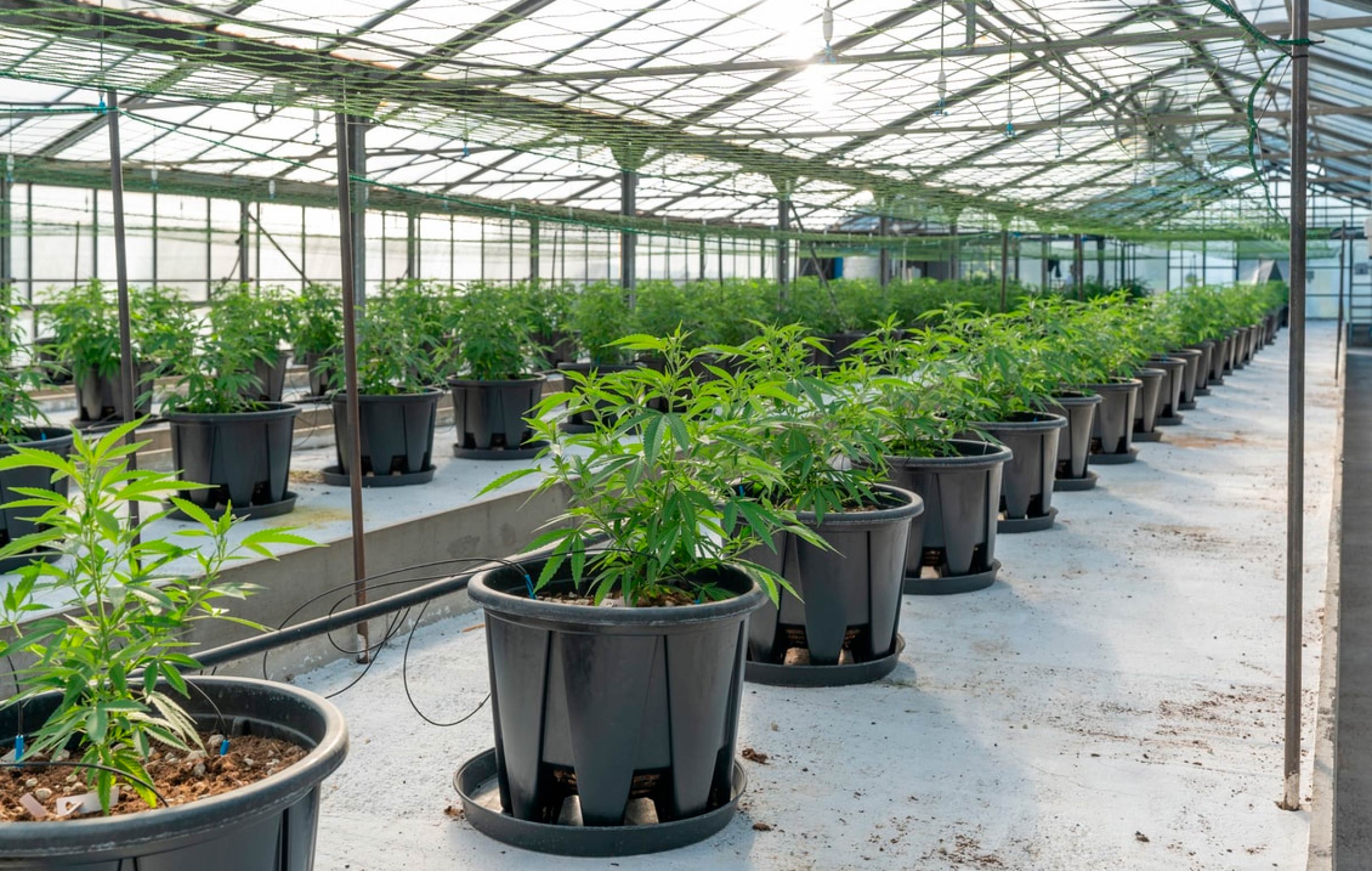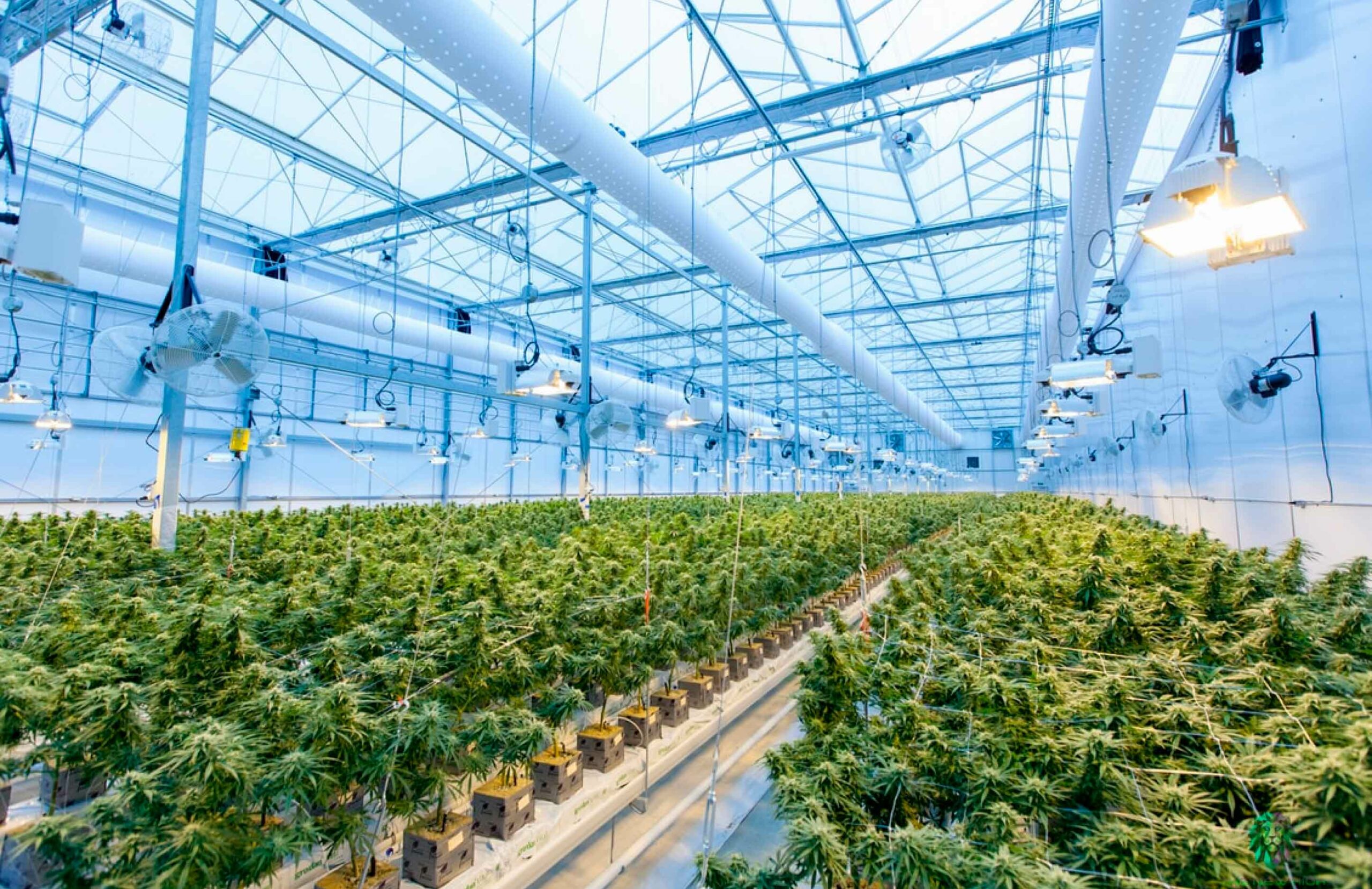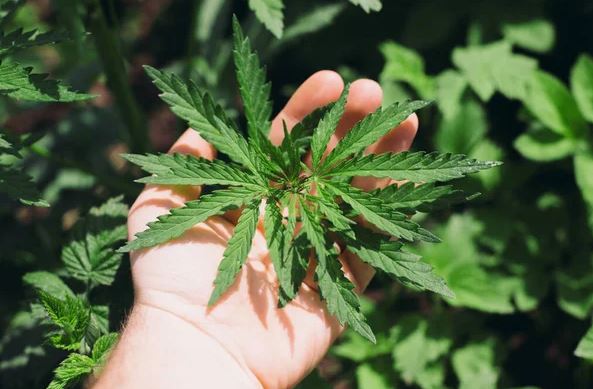Introduction: As the cannabis industry continues to grow in Canada, it’s important for growers, investors, and entrepreneurs to understand the potential return on investment (ROI) of their cannabis cultivation business. In this article, we’ll provide tips from industry experts to help you maximize your cannabis business’s ROI.
Tip 1: Micro Cultivation Licenses Offer Lower Costs and Requirements
When it comes to obtaining a license to cultivate cannabis in Canada, there are two options: a standard cultivation license or a micro cultivation license. Micro cultivation licenses have lower annual fees and requirements from Health Canada, making it easier and less expensive to get started in the cannabis industry. Plus, a micro cultivation license can be converted to a standard cultivation license when the time is right for your business to grow. A micro-cultivation is allowed to sell cannabis in bulk and manufacture finished products if coupled with a processing license.
Tip 2: Ongoing Support and Training on GMP and Health Canada Compliance
Cannabis cultivation requires strict adherence to Health Canada’s Good Manufacturing Practices (GMP) and compliance regulations. It is essential to properly understand the requirements and avoid excessive and unnecessary spendings. At Consult and Grow, we not only provide ongoing support to help you maintain compliance but also offer training on GMP and Health Canada requirements to help you avoid costly mistakes and maximize your ROI.
Tip 3: Consider Both Indoor and Outdoor Cultivation
When deciding which cultivation method to use, it’s essential to consider both indoor and outdoor options. Indoor cultivation allows for more control over the growing environment, which can result in higher-quality cannabis and consistent yields. Growing indoor also allows you to cultivate all year around which can significantly increase revenues. Indoor cultivation usually comes at a high capital cost as you will need to build a health canada compliant facility before you can even submit an application for a cultivation license. The cost of renovation and equipment can be very high, especially when it comes to air flow and climate controle. However, outdoor cultivation offers a lower cost of production and an ideal biomass for extraction facilities, making it an attractive option for some businesses.
Tip 4: Maximize Yield and Keep Operation Costs Low
To maximize your cannabis business’s ROI, it’s essential to focus on maximizing your yield while keeping operation costs low. This can be achieved through efficient use of cultivation methods, selecting high-yielding strains with an interesting terpenes profil, and optimizing the growing environment and equipment.
Conclusion: With the cannabis industry in Canada growing rapidly, understanding the potential ROI of your cannabis business is more critical than ever. By following these expert tips and utilizing the services offered by Consult and Grow, you can optimize your cannabis cultivation business and achieve maximum return on investment. The team of expert at Consult and Grow can advice you on how to get there and help you devellop a proper business plan and financial forecast.





